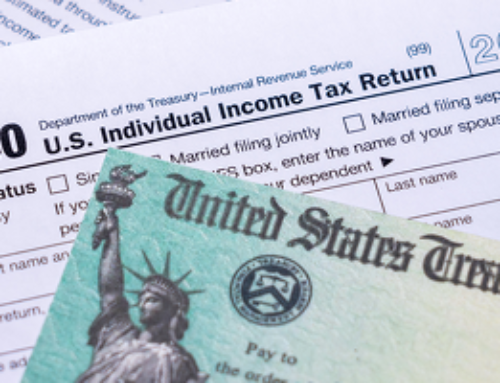Let’s be realistic for a moment. It’s quite possible that people who haven’t yet started doing their taxes might not be able to finish by 15th April, 2015. There are approximate 8% tax payers who aren’t able to file their taxes before the deadline for some or the other reasons, and hence they chose to file a tax extension. In this write-up, we are going to tell you the about the things you should take into account while you consider filing a tax extension with the IRS.
- The Purpose of the Extension
Filing a tax extension gives you a grace period of 6 months, thereby pushing your deadline to 15th October. However, there is a catch to it. The IRS allows you the extension for the sole purpose of arranging for and organizing your documents. Do not assume that you are getting an extension for paying off you tax liabilities. You still have to pay your taxes by 15th April, at least 90% of it to be precise.
If you are buying yourself 6 months time to put off your tax payment, it won’t be a wise thing to do. The IRS will continue to charge interest on the unpaid tax liability. You will only end up losing more money.
- What if you are expecting a Refund?
If you think you cannot catch up, you can go ahead and file an extension. However if you are expecting a refund on your tax return, you certainly do not need to request an extension. You won’t be penalized either for not filing your taxes, if you are expecting a refund. The IRS’s only concern is the tax payers who owe them money.
So if you are expecting a refund, you have 3 years to file your taxes and apply for a refund, after 3 years you will lose your right to the refund once and for all. For example, if you are entitled to refund on your tax returns for the year 2014, you must file your taxes before the tax season of 2017 comes to an end. After that you forgo your refunds.
- What if You Owe Money to the IRS?
If you happen to owe money to the IRS, you are supposed to file Form 4868. It allows you 6 months time to file your taxes. But you do have to submit your extension request by 15th April. You can also file your tax extension electronically. It is faster that physically mailing it to the IRS. You can use http://www.1040Return.com, which is sophisticated tax software that will help you file for an extension in the most hassle-free way. You can also pay the 90% of your tax liability online, directly from your savings / checking account. After completing the process you can download a copy of the extension request that you just submitted.
- In Case You Cannot Pay 90% of the Taxes
There could be a possibility that you apply for an extension but might not be able to pay the 90% of your tax liability by 15th April. In such a scenario, the best thing to do is pay whatever you can and request the IRS for an installment agreement. There are two aspects related to entering into an installment agreement; first is the fixed fee depending on the type of agreement and second is the interest applicable to the outstanding tax liability.
The IRS charges $52 for a direct debit agreement and $120 for the standard or payroll agreement. Additionally, the IRS will charge you interest on your outstanding tax liability at the rate of 0.5% per month. You should note that even if you pay off 90% of your taxes by 15th April, you will still be required to pay the interest on the remaining 10% of your tax liability.
The same scenario could arise if you erroneously underestimate your tax liability.
- Do not Forget to File for an Extension
Lastly, if you have already ignored the deadline, do not fail to file your tax extension. It barely takes a year for the IRS to discover that you did not pay your taxes. They will simply calculate your tax liability based on the information received from your employer, brokerage firms, banks and 1099 income, and calculate your tax liability based as a single individual with no dependents. To top it, they will add to it the applicable penalties and interest. The IRS doesn’t know of any deductions that you may claim and hence the tax bill certainly won’t be in your favor. And finally when you decide to file your tax return with a list of deductions, it is quite a possibility that you are setting yourself up for an audit.
Don’t put off your taxes anymore if you already have so far. Shrug off the stress, take a breath and file an extension by 15th April, 2015 and manage to pay off at least 90% of your tax liability. You can manage the remaining amount once you successfully e-file an extension. You certainly don’t want the IRS knocking on your door now, do you?






